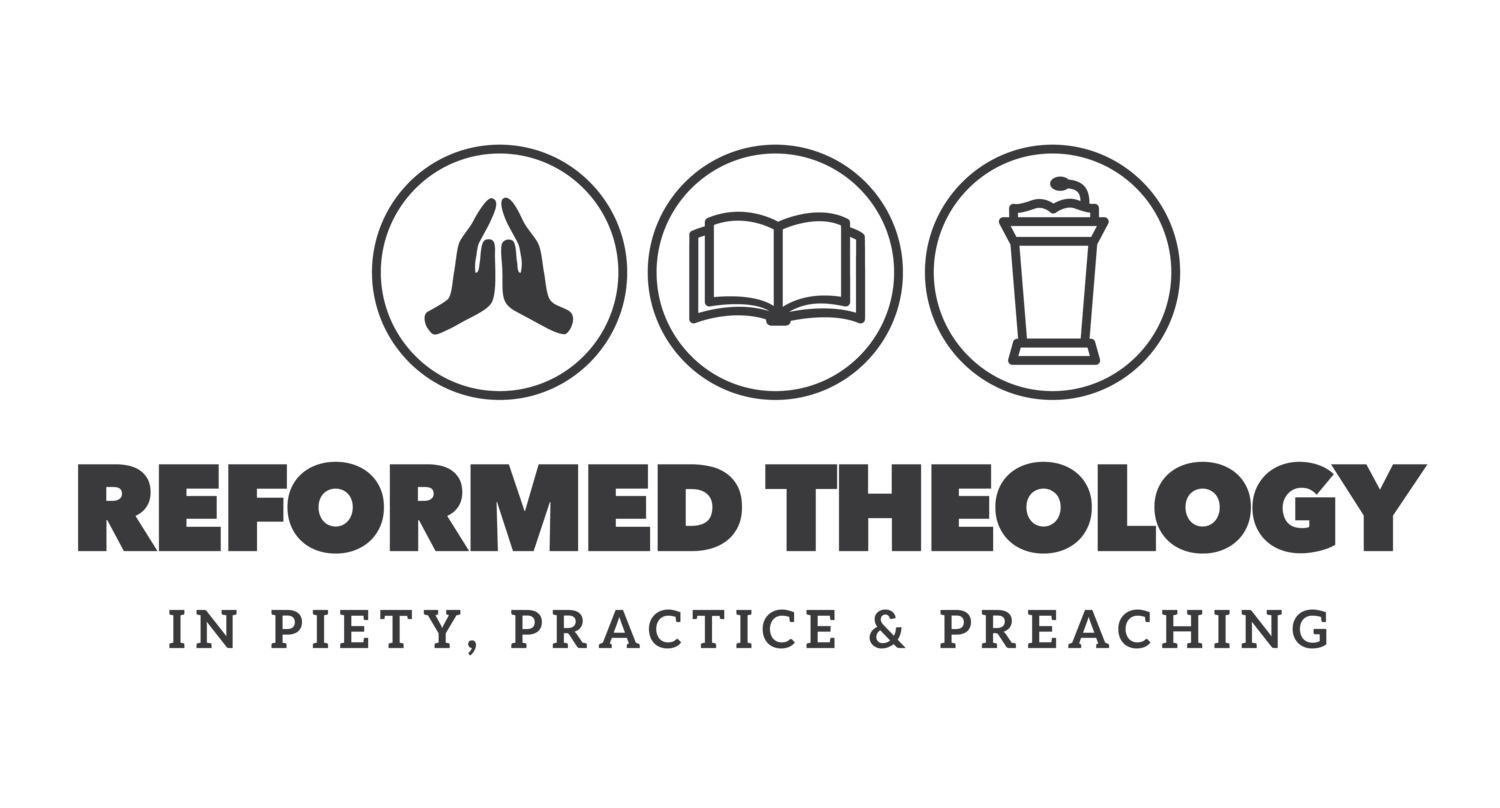A regular question I get, How is college different than seminary? In many respects they are quite different. There are certain similarities—you go to class, do reading assignments, write papers, and take tests. But I believe that the similarities end with these broad generalities. The differences between the two are significant.
First, chances are you will find that there is a lot more reading in seminary. On average, you can expect to have 3-4,000 in one semester. The reading load can vary—you might have 3,000 pages one semester, and 4,000 the next. This reading load means you have to manage your time well. Get a calendar, plan out your reading, and then be diligent to get it done. I remember one of my professors telling our class, “I’ll be testing you on the knowledge of the assigned book. If I were you, I would read and outline it to ensure you know the material.” That was it—no clues—no hints—just read the whole book! This amount of reading might seem unreasonable and even draconian. The truth of the matter is that it’s a drop in the bucket. In order to learn well, you need to read the primary sources—you need to read Augustine’s Confessions and Calvin’s Institutes, not just read books about them. You have to try to learn as much as you can about 2,000 years of church history, hence there’s a lot of reading in seminary.
Second, you have little handholding in seminary—you’re in graduate school. In college, chances are you had a number of tests throughout the semester to hold you accountable for your learning, or a minimum, a mid-term and a final. In seminary, you can have one exam for an entire class. It can seem intimidating—you attend class for 13 weeks, take notes, do 1,500 pages of reading, and then your whole grade hangs on one exam. Well, you’re not in college anymore. This means you need the maturity to study diligently throughout the semester so that the exam doesn’t hit you like a ton of bricks at the end of the semester. This also means that you need to be self-disciplined. No one will force you to study.
Third, sadly, many colleges have eliminated foreign language study from their curriculums. But this isn’t the case at seminary. You have to learn both Greek and Hebrew. In some seminaries the biblical languages have drifted to the side or they aren’t foundational to the curriculum. This means that foreign-language study is integral to your seminary education. Be prepared to know how English grammar works, which is vital for learning a new language. Be prepared to learn vocabulary and put in a lot of study time.
Fourth, chances are you will be writing more research papers in seminary than you ever did in college. In some college science curriculums, students never write a single research paper. This means they have trouble doing research and writing. Some really dislike writing papers, but they are important learning tools. Not only do you study a specific topic and learn much in the process, but you also learn how to organize your thought and communicate it in a succinct manner. Writing research papers can help you become a better communicator—a better preacher or teacher. This means you should ensure that you have the basic necessary skills for writing—grammar, rhetoric, syntax, and the like. You can pick up Strunk and White’s Elements of Style or Turabian’s A Manual for Writers. These can be very helpful and teach you the basic elements of research and writing.
College and seminary are different, but this doesn’t mean that seminary is impossible. If you go to seminary mentally prepared and with a strategy for making the transition, then you can do well in seminary and beyond! You can do this!
